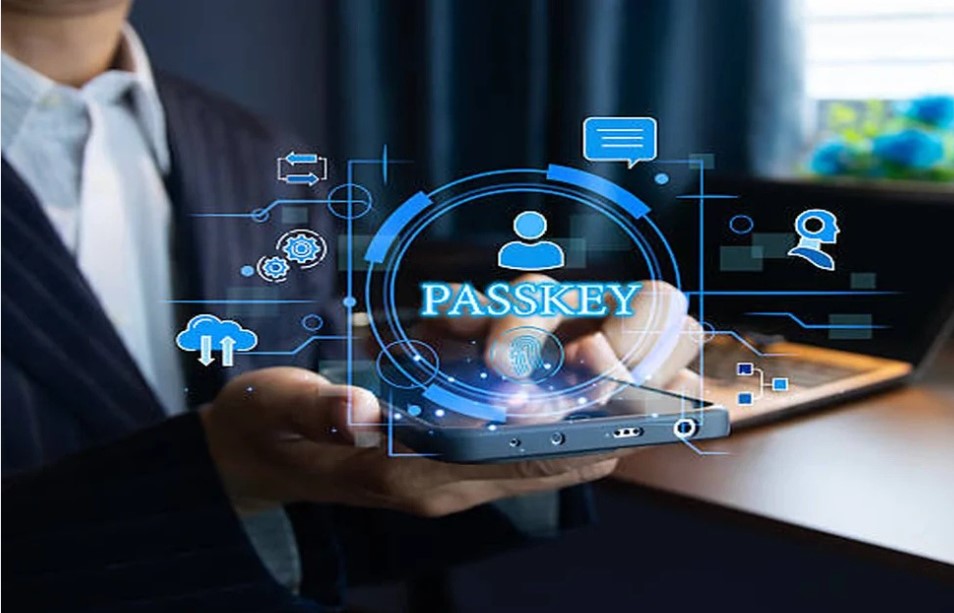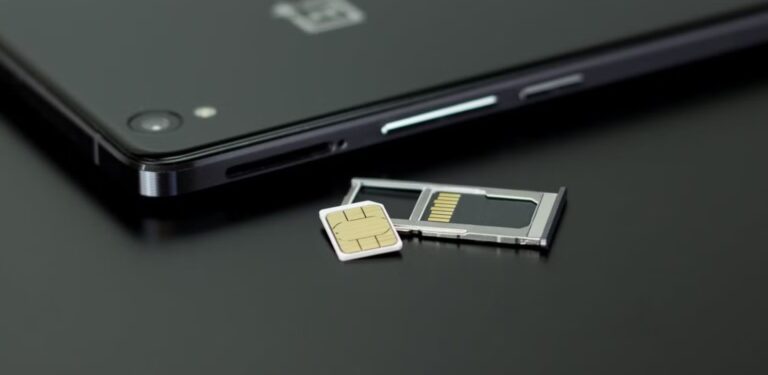
Pasonet
Imagine a time when accessing the internet meant walking to a local corner store, inserting coins into a computer booth, and racing the clock to check emails or browse Friendster. For millions of Filipinos in the late 1990s and early 2000s, this wasn’t a scene from a movie—it was everyday life. Pasonet, a uniquely Filipino innovation, redefined internet accessibility by offering affordable, pay-as-you-go online access through coin-operated computers in public spaces.
More than just a convenience, Pasonet became a digital equalizer, granting access to information, communication, and economic opportunity to communities that had long been on the wrong side of the digital divide. Its influence stretches far beyond its coin slots and plastic keyboards—it is a story of resilience, ingenuity, and empowerment.
This article explores the rise, impact, and legacy of Pasonet in the Philippines. We’ll examine how it emerged, its contributions to society, and what lies ahead as we move toward a more digitally inclusive future.
What Is Pasonet?
Pasonet (from “piso” + “internet”) refers to coin-operated internet access booths that became widespread in the Philippines in the early 2000s. The model allowed users to insert coins (usually ₱1 or ₱5) into a timer-controlled system that provided access to the internet in increments of time—typically 5 to 10 minutes per peso.
These setups were often located in sari-sari stores, small shops, and busy street corners, offering low-cost online access to students, job seekers, small business owners, and curious netizens. Before smartphones became ubiquitous and broadband widely available, Pasonet represented the only accessible window to the web for many Filipinos.
The Evolution of Pasonet: From Piso Internet to Digital Access Point
Early Days: A Solution for the Unconnected
During the late 1990s and early 2000s, the Philippines had limited internet infrastructure. Broadband was expensive and often restricted to urban centers. The average Filipino couldn’t afford a personal computer or a monthly internet subscription.
Enter Pasonet: a grassroots solution designed by local entrepreneurs. A basic setup required only a computer, a timer switch, a coin slot mechanism, and an internet connection. For minimal capital investment, anyone could become a local internet provider.
Rise in Popularity
By 2005, Pasonet booths had spread across cities and rural areas alike. They were especially popular in:
- Barangays and provincial towns with no internet cafes
- School zones, where students used them to research assignments
- Urban settlements where affordable internet was otherwise inaccessible
Pasonet was not just a business—it was a movement that democratized digital access.
Transition to Modern Tech
As technology progressed, Pasonet evolved:
- Prepaid internet access cards and later, mobile wallet payments replaced physical coins
- Basic computers were upgraded to better hardware and software
- Booths integrated Wi-Fi hotspots, allowing users to connect mobile devices
Today, the Pasonet legacy lives on through community-based Wi-Fi hubs and micro-ISP (Internet Service Provider) services that still cater to underserved areas.
Impact of Pasonet on Filipino Society and Economy
1. Digital Inclusion for All
Pasonet drastically reduced barriers to digital access in the Philippines. It allowed people—regardless of socioeconomic status—to:
- Research school projects
- Communicate with overseas relatives
- Apply for jobs online
- Learn new skills via free resources
- Engage on early social media platforms
By enabling these activities, Pasonet contributed to a more digitally literate population, helping to bridge the gap between the connected and the disconnected.
2. Boost to Small Businesses
Pasonet enabled local entrepreneurs to establish low-cost internet businesses with minimal overhead. This created a ripple effect:
- Store owners gained additional income
- Local economies saw more tech-based commerce
- Informal job sectors grew with new support roles like computer maintenance and cybercafé staff
Moreover, small entrepreneurs could now access global markets via online selling platforms, paving the way for e-commerce adoption in grassroots communities.
3. Educational Advancement
Access to information is crucial for educational development. With Pasonet:
- Students could use online encyclopedias, e-learning platforms, and academic journals
- Teachers used internet access for lesson planning and continuing education
- Low-income schools used shared Pasonet booths to teach basic computer skills
Stat Insight: According to UNESCO, students with consistent access to the internet have 25% higher academic performance compared to those without.
4. Strengthening Family Ties
With millions of Overseas Filipino Workers (OFWs), maintaining long-distance relationships is essential. Pasonet provided a means for:
- Video calls via Skype or Yahoo! Messenger
- Email and social media communication
- Sharing photos and updates with loved ones abroad
It became a lifeline for migrant families, fostering emotional well-being and stronger familial connections.
Advantages and Disadvantages of Pasonet
Advantages of Pasonet
| Advantage | Impact |
|---|---|
| Affordability | Low-cost access to the internet, as low as ₱1 per session |
| Availability | Spread across both urban and remote areas |
| Flexibility | Pay-per-use model allowed quick online access without long-term contracts |
| Entrepreneurial Opportunity | Easy to set up, making it ideal for small business owners |
| Empowerment | Gave digital access to marginalized sectors of society |
Disadvantages of Pasonet
| Disadvantage | Issue |
|---|---|
| Limited Session Time | Time constraints could disrupt important tasks or communications |
| Lack of Privacy | Public spaces often lacked privacy for sensitive online activity |
| Maintenance Challenges | Coin slots and timers were prone to malfunction |
| Slow Connections | Internet speeds were often inconsistent, especially in rural areas |
| Security Risks | Public terminals posed risks of data theft and malware infections |
Despite these limitations, Pasonet’s positive impact far outweighed its drawbacks, especially during its peak usage years.
The Future of Pasonet: Innovations, Challenges, and Opportunities
Potential Innovations
As the world moves further into the digital era, Pasonet is evolving in several promising ways:
- Cashless Payments: Integration with mobile wallets like GCash or Maya for seamless top-ups
- Smart Access Control: Facial recognition and mobile-based authentication replacing coin slots
- Cloud Computing: Use of cloud terminals to reduce hardware costs and enhance security
- Community Wi-Fi: Pasonet hubs becoming Wi-Fi access points for smartphones, tablets, and laptops
- E-learning Stations: Booths equipped with curated educational content for remote learning initiatives
Challenges Ahead
While the opportunities are vast, several obstacles need to be addressed:
- Infrastructure Limitations: Many areas still suffer from unreliable internet connectivity
- Power Supply Issues: Regular brownouts in rural zones hinder consistent access
- Cybersecurity Risks: Need for better protection against phishing, keyloggers, and spyware
- Regulatory Gaps: Clear policies are needed to ensure digital rights and consumer protections
Government support and private-public partnerships will be essential to ensure Pasonet’s continued relevance in an increasingly connected society.
Real-Life Success Stories: How Pasonet Changed Lives
Story 1: A Student’s Journey to Becoming a Developer
“I used to walk three kilometers just to reach the nearest Pasonet booth. I learned coding basics using free websites and tutorials. That journey led me to a full scholarship in IT—and now I’m working for a software company.”
— Jeric D., Cebu City
Story 2: Small Business Goes Online
Maria, a home-based soap maker in Ilocos Norte, used Pasonet to learn about e-commerce. She opened a Facebook Page, joined online selling groups, and doubled her income within months.
Story 3: Reuniting Families
OFW children used Pasonet booths to talk to their parents via video calls. What was once an emotional void is now filled with connection—even across oceans.
These stories are just a few examples of Pasonet’s transformative power—a force that turned coins into dreams realized.
Conclusion: The Lasting Legacy of Pasonet
Pasonet is more than a business model—it’s a cultural and technological milestone in Philippine history. From humble beginnings as coin-operated internet booths, it grew into a symbol of digital empowerment, providing millions of Filipinos with a gateway to the world.
Its legacy includes improved digital literacy, stronger communities, more accessible education, and new economic opportunities. Despite evolving technology and increasing smartphone penetration, the values Pasonet brought—accessibility, affordability, and inclusion—remain relevant today.
As the Philippines pushes toward national digital transformation, it’s crucial to remember where it all started. Pasonet’s story reminds us that technology doesn’t need to be high-end to be high-impact—sometimes, all it takes is one peso at a time.
FAQs About Pasonet
What does “Pasonet” mean?
“Pasonet” is a portmanteau of “piso” (Filipino for coin) and “internet.” It refers to coin-operated internet booths popular in the Philippines.
Is Pasonet still used today?
While the classic coin-operated model has declined, the concept lives on through community Wi-Fi booths, mobile load services, and micro-ISP setups in rural areas.
How did Pasonet affect Filipino education?
Pasonet allowed students, especially in low-income communities, to access online research materials, apply for scholarships, and complete digital assignments affordably.
Can Pasonet adapt to modern internet needs?
Yes. With innovations like mobile payments, cloud terminals, and digital kiosks, Pasonet-style services are evolving to serve today’s tech-savvy population.
What made Pasonet different from internet cafes?
Pasonet booths were usually unattended, coin-operated, and offered shorter, affordable usage compared to traditional internet cafés, which required longer sessions and supervision.




